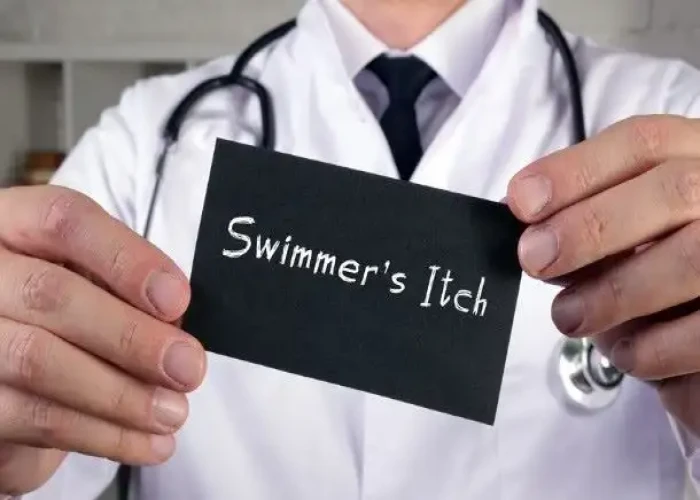 Welcome
Welcome
“May all be happy, may all be healed, may all be at peace and may no one ever suffer."
Swimmer's itch
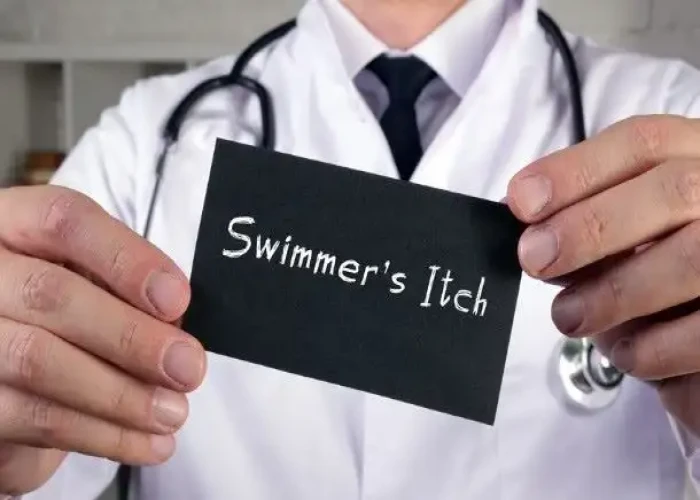
Swimmer's itch, also known as cercarial dermatitis, is a skin rash caused by an allergic reaction to parasites that are found in some bodies of water, such as lakes, ponds, and oceans. These parasites are typically microscopic larvae of flatworms or snails, and they can enter the skin of swimmers or waders.
The symptoms of swimmer's itch usually include:
- A rash that appears within a few hours after swimming or wading
- Itching, burning or tingling in the affected area
- Small reddish pimples or blisters
- Swelling around the affected area
Swimmer's itch is not contagious, and it is usually not a serious condition. The rash typically goes away on its own within a few days to a week, although itching and discomfort may persist. However, in some cases, the rash can become infected, leading to more serious complications.
To prevent swimmers' itch, it is recommended to avoid swimming in areas where the parasites are known to be present. If you do swim in these areas, it is important to towel dry immediately after leaving the water and to avoid scratching any itchy areas, as this can lead to infection. Over-the-counter anti-itch creams or lotions may help to relieve symptoms. In more severe cases, a healthcare professional may prescribe medications to reduce itching and inflammation.
Research Papers
Disease Signs and Symptoms
- Itching
- Swimmer's itch
Disease Causes
Swimmer's itch
The parasites that cause swimmer's itch live in the blood of waterfowl and in mammals that live near ponds and lakes. Examples include:
- Geese
- Ducks
- Gulls
- Beavers
- Muskrats
The parasite's eggs enter the water via their hosts' feces. Before infecting birds, other animals or people, the hatched parasites must live for a time within a type of snail. These snails live near the shoreline, which explains why infections occur most often in shallow water.
Swimmer's itch isn't contagious from person to person, so you don't need to worry about catching swimmer's itch from someone who has this itchy rash.
Disease Prevents
Swimmer's itch
The parasites that cause swimmer's itch live in the blood of waterfowl and in mammals that live near ponds and lakes. To reduce the risk of swimmer's itch:
- Choose swimming spots carefully. Avoid swimming in areas where swimmer's itch is a known problem or signs warn of possible contamination. Also avoid swimming or wading in marshy areas where snails are commonly found.
- Avoid the shoreline, if possible. If you're a strong swimmer, head to deeper water for your swim. You may be more likely to develop swimmer's itch if you spend a lot of time in warmer water near the shore.
- Rinse after swimming. Rinse exposed skin with clean water immediately after leaving the water, then vigorously dry your skin with a towel. Launder your swimsuits often.
- Skip the bread crumbs. Don't feed birds on docks or near swimming areas.
- Apply waterproof sunscreen. This has been reported to protect the skin from the parasite that causes swimmer's itch.
Disease Treatments
Swimmer's itch typically clears up on its own within a week. In the meantime, you can control itching with over-the-counter antihistamines or anti-itch creams, such as those that contain calamine. If the itching is severe, your doctor may recommend a prescription medication.
Disease Diagnoses
Disease Allopathic Generics
Disease Ayurvedic Generics
Disease Homeopathic Generics
Disease yoga
Swimmer's itch and Learn More about Diseases
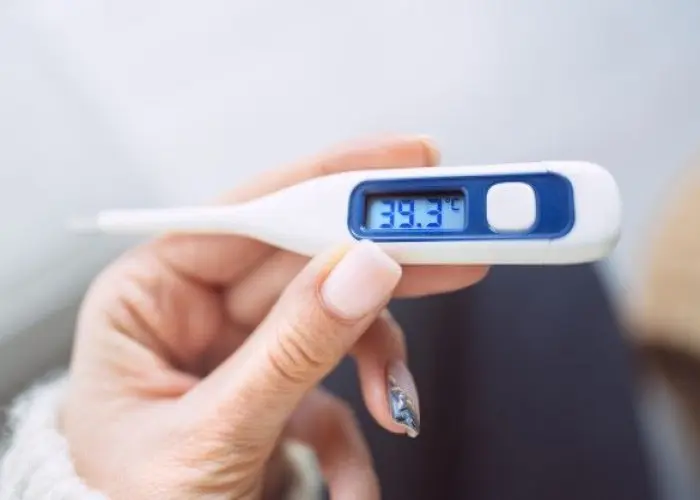
Fever

Typhoid fever
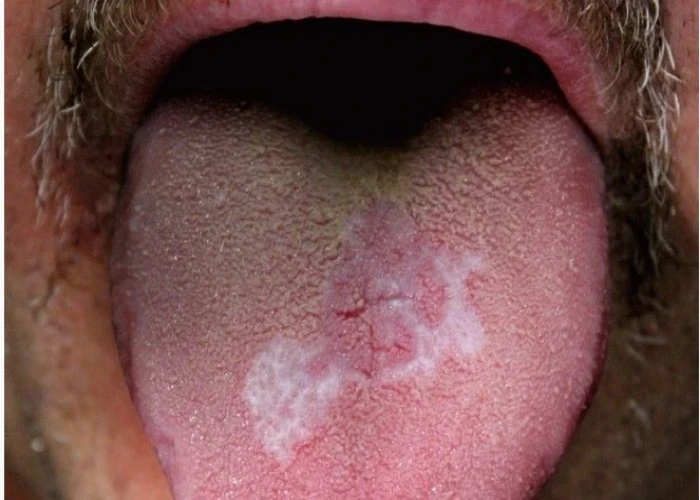
Oral lichen planus
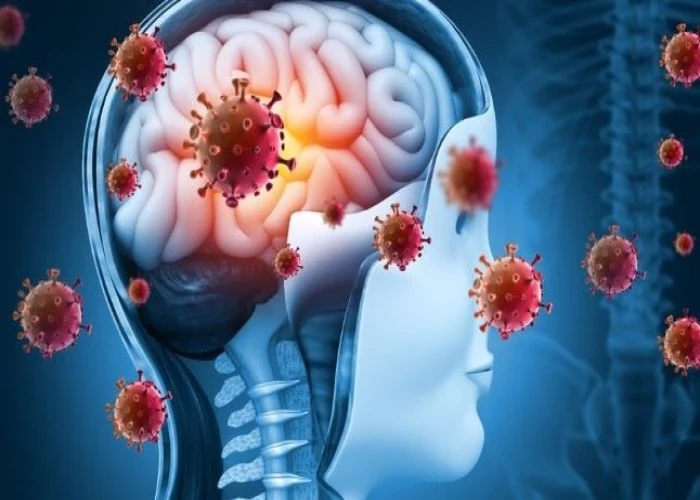
Meningitis

Alcohol poisoning

Membranous nephropathy
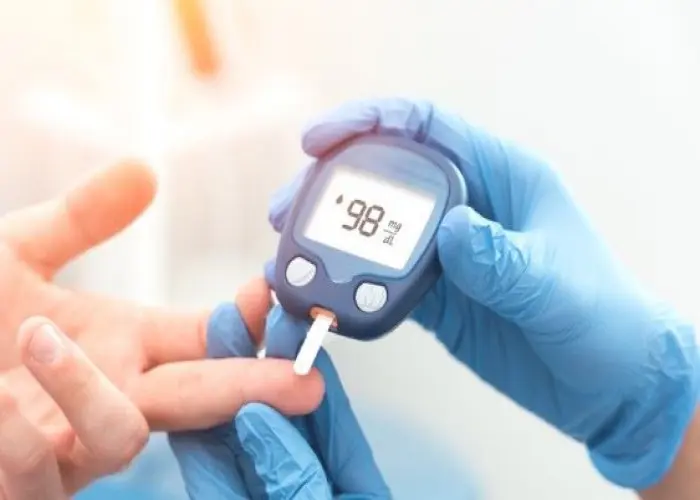
Hypoglycemia
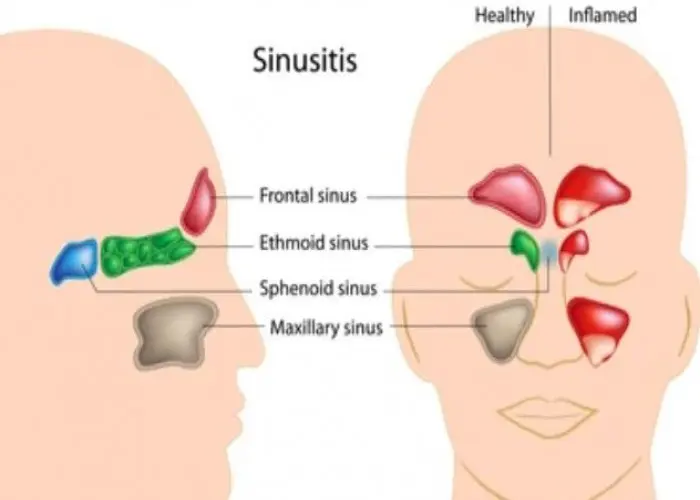
Chronic sinusitis
swimmer's itch, সাঁতারুর চুলকানি
To be happy, beautiful, healthy, wealthy, hale and long-lived stay with DM3S.
